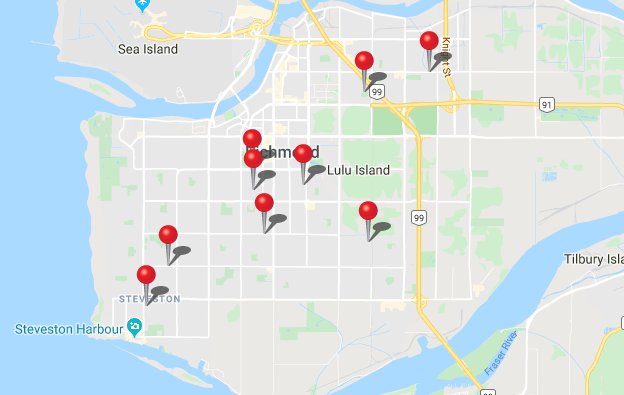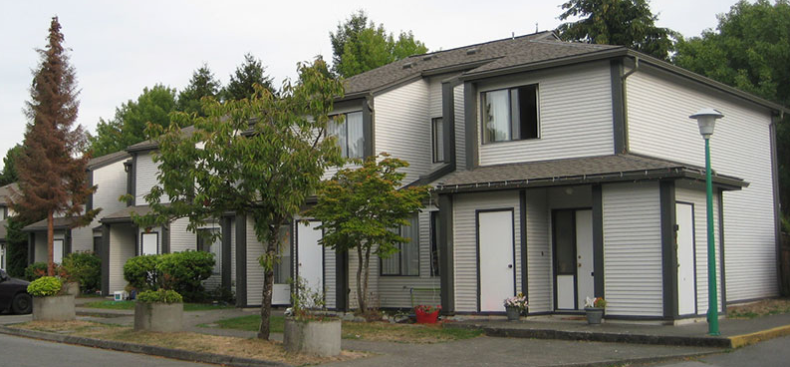Metro Vancouver will invest up to $15 million to renovate its affordable housing units in Richmond and could build more if land from the city comes available.
Metro Vancouver just released its 10-Year Housing Plan, which outlines its vision to expand its rental stock and renew its existing stock, with an investment of about $190 million.
Of that total, $90 million is dedicated to rejuvenating existing housing stock, while $60 million will go towards redeveloping existing units, said Ravi Chhina, Metro Vancouver’s general manager of parks and housing services.
Metro Vancouver has 636 affordable housing units in Richmond, spread over nine locations, out of a total of 3,400 they have around the region.

“So I would say out of that $90 million, there’s probably going to be in the range of $10 to $15 million-worth of rejuvenation on the existing (Richmond) units,” said Chhina.
Another $40 million of the total funding is reserved for future affordable housing on municipal lands — as partnerships with municipalities — something that wasapproved by the Metro Vancouver board Nov. 1.
“So if the City of Richmond comes forward with vacant land, we will be able to partner with them to build additional housing in Richmond,” Chhina explained, adding the sites would undergo an evaluation to see if they are suitable.
Each member municipality of Metro Vancouver’s regional district will have the opportunity to bring land forward.
Four of the nine Richmond sites are on land leased from the city, while the other five are owned outright by Metro Vancouver Housing.
The units range from one- to four-bedroom townhouses or apartments, some of which are accessible units. The sites also contain playgrounds or community gardens.
All of the Richmond units, said Chhina, are wooden structures built in the late 1980s and are nearing the end of their lifespan.
“So they’re going to need to be rehabilitated the same way your principal house would need it,” he said.
Metro Vancouver Housing currently provides housing for more than 9,400 people, making it one of the largest non-profit housing providers in the region.
According to Metro Vancouver, thirty per cent of its total 3,400 units are rent-geared-to-income units, where tenants pay no more than 30 per cent of their gross income in rent.
The remaining units are low-end-of-market units, where rents are 10 to 20 per cent below market rates.



